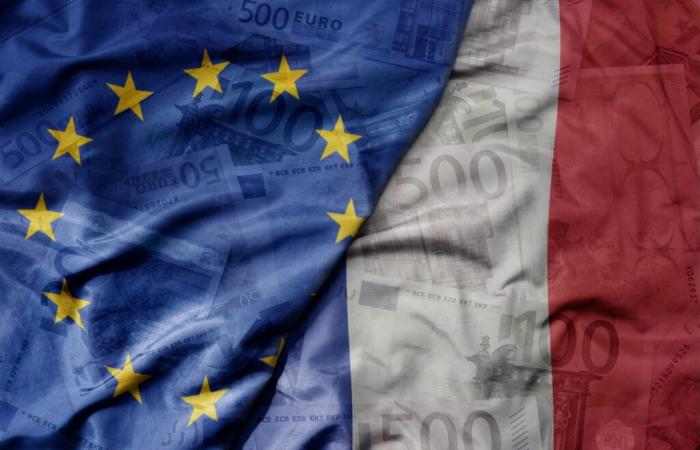
Despite a record public debt, France obtains a reprieve from the European Union to implement its budgetary commitments by 2029. A trajectory under close surveillance.
France's 2025 budget plan, presented by François Bayrou's government, received the approval of European Union finance ministers at a meeting in Brussels. This validation marks a key step in the country's budgetary trajectory, but the challenges remain numerous to respect European commitments while preserving economic growth.
European validation and necessary adjustments
This Tuesday, the finance ministers of the European Union officially validated the budgetary plan presented by France for the year 2025. This decision follows the positive opinion issued by the European Commission, after several months of discussions between Paris and Brussels.
This plan provides for a reduction in the public deficit from 6.1% of GDP in 2024 to 5.4% in 2025, with the aim of returning below the 3% threshold by 2029.
During a press conference, Valdis Dombrovskis, European Commissioner for the Economy, welcomed these efforts, while recalling the requirement for rigor: “Paris maintains the level of ambition over the adjustment period”, cited by France Info.
However, this validation does not mark the end of monitoring. With public debt reaching 113.7% of GDP in the third quarter of 2024, or around 3,303 billion euros, France remains under the excessive deficit procedure regime, alongside seven other countries, including Belgium and the Italy.
-A high deficit and a cautious outlook
Despite this approval, the level of France's public deficit remains worrying. With 6.1% of GDP in 2024, France displays one of the worst ratios among the 27 member states, just after Romania (8%). Michel Barnier, the short-lived predecessor of François Bayrou, had initially proposed a more ambitious trajectory targeting a deficit of 5% from 2025. This plan, considered too drastic by Parliament, was replaced by a more moderate approach, considered more realistic .
During his speech in Brussels, Éric Lombard, Minister of the Economy and Finance, underlined the importance of this collective effort: “Efforts will be asked of everyone.” These adjustments are “essential to restore market confidence and respect our European commitments”, he declared, quoted in All Europe.
The government's priorities include a reduction in non-priority public spending, the fight against tax fraud, and strategic investments in the energy transition and the digitalization of the economy. These measures would aim to combine budgetary rigor and support for economic growth, in a context where any increase in taxation risks weakening the purchasing power of households.
Reinforced surveillance and uncertain future
Although France avoided immediate sanctions, it remains under close surveillance by the European Commission. The coming months will be crucial for verifying the implementation of budgetary commitments. If discrepancies are noted, France could face financial sanctions, a risk already mentioned for other countries in excessive deficit procedure.
The next assessment is expected in mid-2025. It will determine whether Paris manages to meet the milestones set to reduce its deficit, while supporting key sectors of its economy. The challenge at this stage is to reconcile these objectives without slowing growth or increasing economic inequality.





